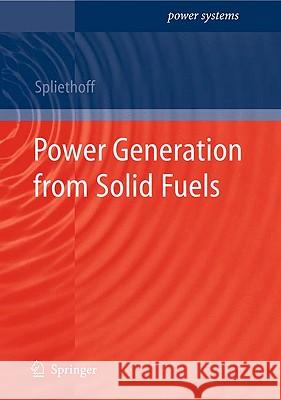The Complexity of Proceduralized Tasks » książka
The Complexity of Proceduralized Tasks
ISBN-13: 9781848827905 / Angielski / Twarda / 2009 / 189 str.
The Complexity of Proceduralized Tasks
ISBN-13: 9781848827905 / Angielski / Twarda / 2009 / 189 str.
(netto: 575,06 VAT: 5%)
Najniższa cena z 30 dni: 578,30
ok. 22 dni roboczych.
Darmowa dostawa!
We think we have scientific knowledge when we know the cause. (Aristotle, Posterior Analytics Book II, Part 11) About 12 years ago, when I was a graduate student, many people were concerned about my Ph. D. topic - investigating the effect of the complexity of procedu- lized tasks on the performance of human operators working in nuclear power plants. Although they agreed with the fact that procedures (especially emergency operating procedures) play a crucial role in securing the safety of nuclear power plants, it was amazing that most of them pointed out a very similar issue: "I cannot understand why operating personnel see any difficulty (or complexity) in condu- ing procedures, because all that they have to do is to follow a simple IF-THEN- ELSE rule as written. " Actually, this issue is closely related to one of the main questions I was recently asked, such as "Don't you think your work is too acad- ic to apply to actual procedures?" or "I guess we don't need to consider the c- plexity of procedures, because we can develop a good procedure using many pr- tical procedure writers' guidelines. Then what is the real contribution of your work?" I absolutely agree with the latter comment. Yes, we can develop a good pro- dure with the support of many practical and excellent guidelines.











